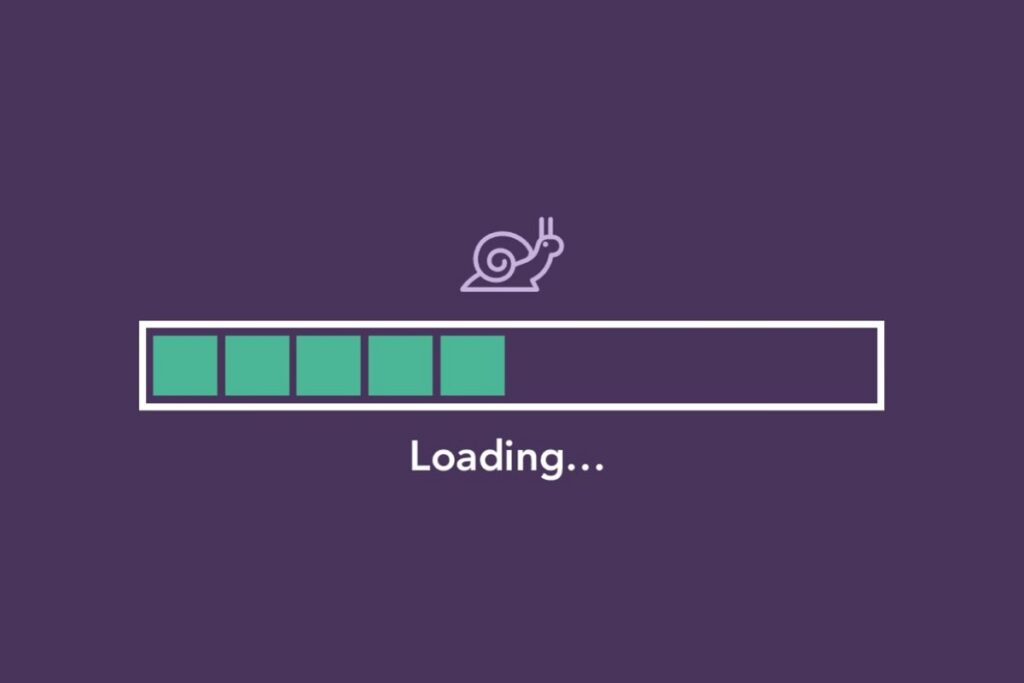In today’s digital age, a slow-loading website can be detrimental to your online presence. Not only does it lead to a poor user experience, but it can also negatively impact your search engine rankings. In this article, we’ll share 10 tips for improving your website’s loading speed.
Optimize Images
Large images are one of the main reasons why websites load slowly. You can optimize your images by compressing them without sacrificing their quality. Use image optimization tools such as TinyPNG or JPEG Optimizer to reduce the file size of your images.
Minify CSS and JavaScript
Minification is the process of removing unnecessary characters from code, such as white spaces and comments. By minifying your CSS and JavaScript files, you can reduce their file size and speed up your website.
Leverage Caching
Caching is a process that stores a copy of your website’s files in a user’s browser, so they don’t have to be loaded every time they visit your site. By leveraging caching, you can reduce the load time for returning visitors.
Reduce HTTP Requests
Every time a web page is loaded, it makes multiple requests to the server for various resources, including images, CSS files, and JavaScript files. By reducing the number of HTTP requests, you can speed up your website’s loading time.
Use a Content Delivery Network (CDN)
A CDN is a network of servers located in different parts of the world. By using a CDN, you can deliver your website’s content to users from a server located closer to them, reducing the load time for your website.
Optimize Your Code
Optimizing your website’s code can also help improve its loading speed. You can do this by removing unnecessary code, optimizing your database, and using code minification tools.
Use a Fast Web Host
Your web host plays a crucial role in determining your website’s loading speed. Choose a web host that offers fast server speeds and has a good uptime record.
Enable Gzip Compression
Gzip compression is a process that compresses your website’s files before they’re sent to the user’s browser. By enabling Gzip compression, you can reduce the file size of your website’s files and speed up its loading time.
Remove Unnecessary Plugins
Plugins can slow down your website’s loading speed, especially if they’re poorly coded. Remove any unnecessary plugins and replace them with lightweight alternatives.
Use a Lightweight Theme
The theme you choose for your website can also impact its loading speed. Choose a lightweight theme that is optimized for speed and performance.



